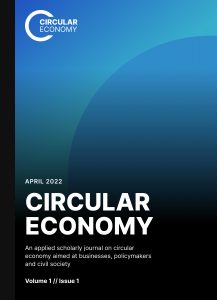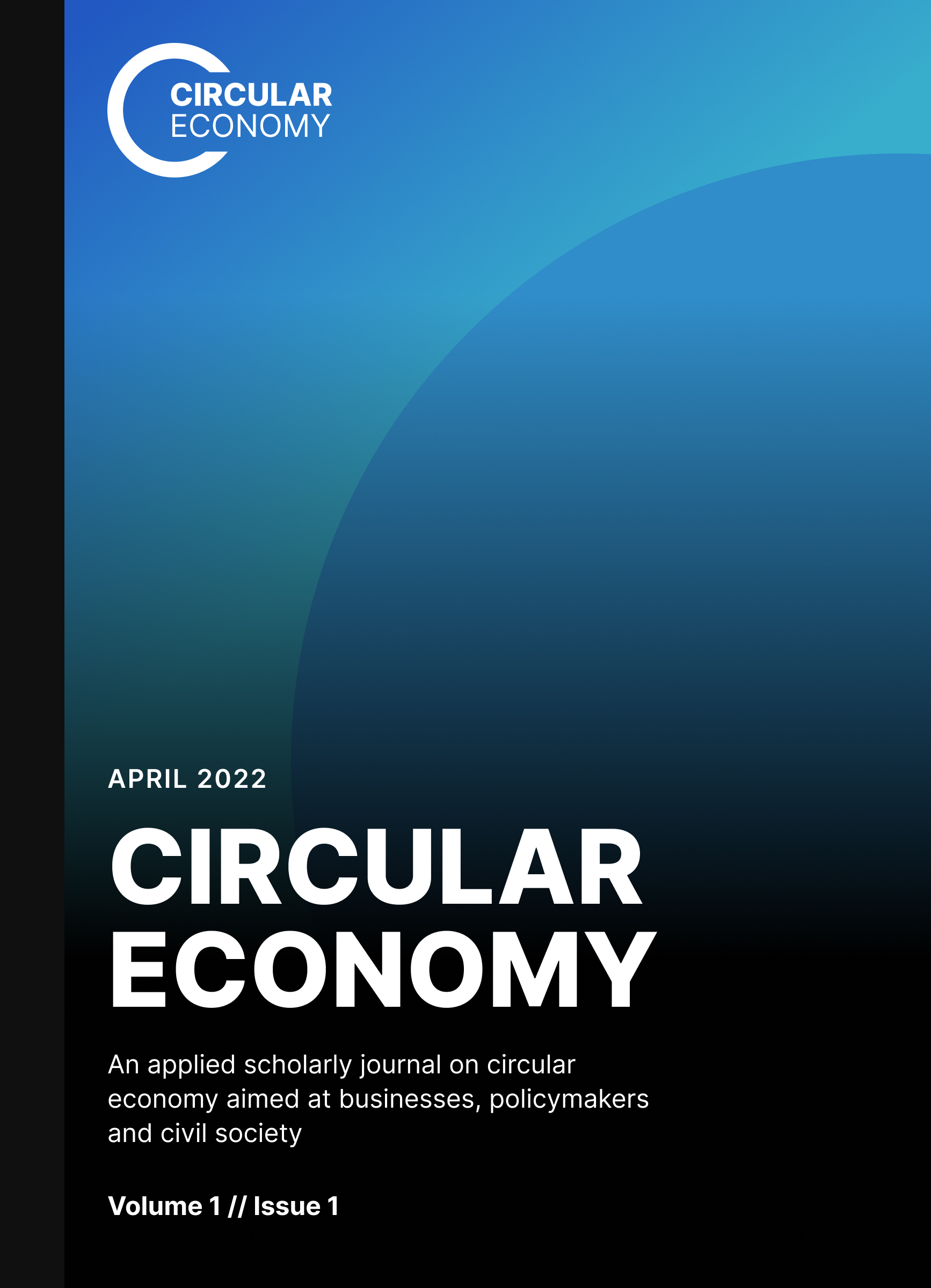New knowledge is required to transition our society to a new circular economy (CE) system. The epistemological underpinnings of such knowledge systems imply transdisciplinary (TD) processes that bridge theory and practice. Consequently, the role of the scientist becomes part of the debate and rife with tensions when compared to the classical notion of the academic researcher. However, this is not a weakness of TD research but a mere opportunity for knowledge-based CE transitions. Therefore, the challenge is to explicate methodological dilemmas and discuss possible remedies openly within the CE community.
Integrating theory and practice creates cognitive challenges for the individual researched and involved societal stakeholders (e.g., Lang et al. 2012, Spangenberg 2020). Therefore, possible issues could circulate topics such as: Power balance, Insider vs outsider perspective and Values vs facts. Within the CE domain, specific challenges arise from combing economic interests of industrial actors with social and environmental interests of societal stakeholders. An important question to ask is how the researcher should act when said interests become tensions and tradeoffs in CE projects.
This special issue acknowledges the call from Witjes et al. (2022, p.3) on “increased and renewed attention to the general need for reflexivity, and for articulating explicitly the identified and experienced challenges with TD research”. Thus, the purpose of this issue is to create an arena for debate, capable of integrating theory and practice, thereby enabling societal change and transition for CE. Perspective contributions (800-1200 words) that critically reflect on the role of the researcher, based on subjective experiences from completed or ongoing projects are encouraged. The following questions could be of guidance:
1) What skills are necessary for CE researchers aiming to enable real-life societal change while contributing new theoretical and philosophical insights to the scientific community?
2) What depicts the different roles from which CE researchers tend to engage the debate in practice when compared to the ideal type of role from a methodological perspective?
3) Should CE researches take on an active role when conflicting interests arise in CE projects? If so, why and how?
4) Is it fruitful to maintain a clear divide between the outsider scientist and insider practitioner in CE projects? If so, how and why? Could the same individual play different roles depending on specific contexts?
5) Describe potential pathways to help develop CE researchers that contribute to both theoretical advancements and societal practice?
Lang, D. J., Wiek, A., Bergmann, M., Stauffacher, M., Martens, P., Moll, P., … & Thomas, C. J. (2012). Transdisciplinary research in sustainability science: practice, principles, and challenges. Sustainability science, 7(1), 25-43.
Spangenberg, J.H. “Transdisciplinary research: Practitioners’ lessons on key methodological challenges.” Transdisciplinarity For Sustainability. Routledge, 2020. 75-92.
Witjes, S., Ahlström, H., Vildåsen, S., & Ramos-Mejia, M. (2022). Academics for sustainable development: Exploring consequences and dilemmas of transdisciplinary research approaches.


